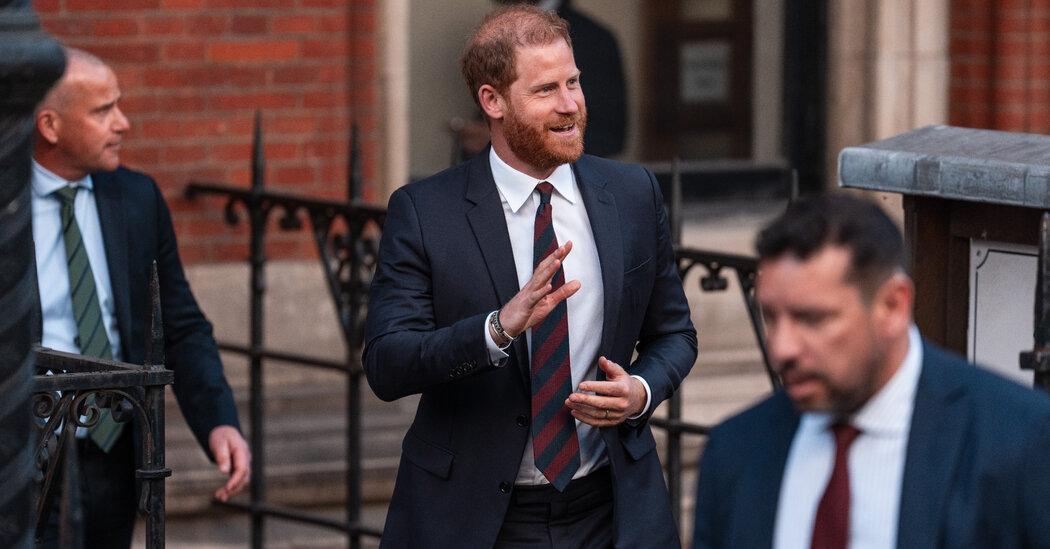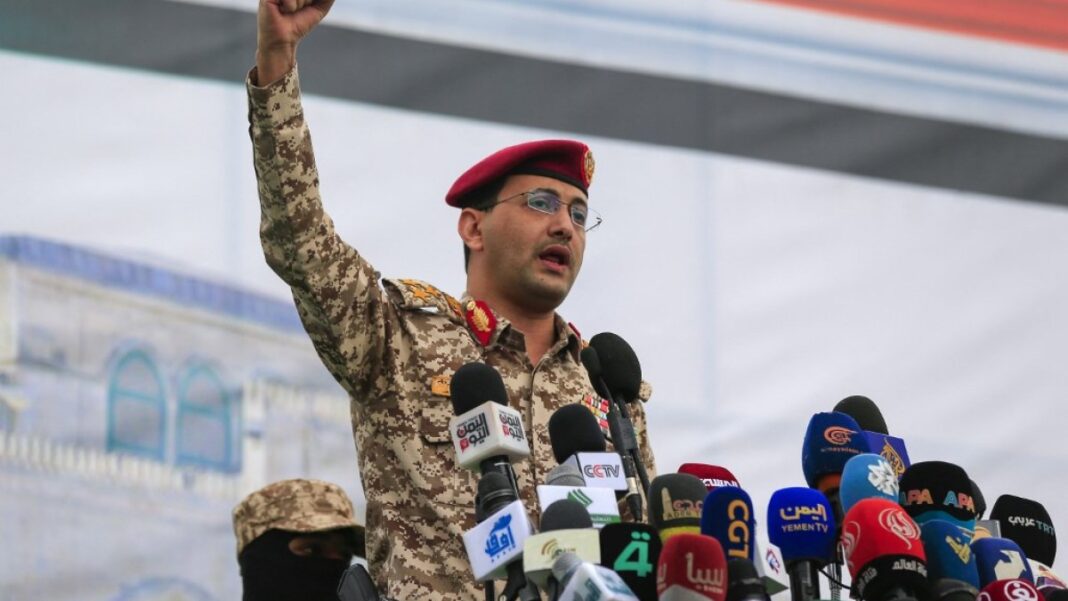Prince Harry said he would love to reconcile with his family in Britain during an emotional BBC interview in which he admitted he had no idea about the prognosis of his father, King Charles III, who has cancer, and expressed a desire to end their painful rift.
The interview was released hours after Harry lost the latest round of his legal battle over his publicly funded security in the country.
Speaking in California, where he lives with his wife Meghan and their two children, Harry said, “I would love reconciliation with my family.” He added, “There’s no point continuing to fight anymore. Life is precious. I don’t know how much longer my father has. He won’t speak to me because of this security stuff. But it would be nice to reconcile.”
The king announced that he had been diagnosed with an undisclosed form of cancer in early 2024 and has been receiving weekly treatments since then.
Harry, Charles’s younger son, wrote in detail about the rupture between him and other members of the royal family in his 2023 memoir, “Spare.” He acknowledged in the interview on Friday that the book had proved divisive.
“Of course some members of my family will never forgive me for writing a book,” he said. “Of course they will never forgive me for lots of things.” But he said that he believed the dispute over whether he should receive automatic police protection in Britain was the last remaining “sticking point” in the conflict, and he expressed hope that Charles could help resolve it.
Harry has been fighting a decision to remove the automatic police protection given to members of the royal family. That move was made after he stepped down from his official role and left the country in 2020.
Harry lost the previous stage of the case in February 2024 but appealed. That ruling came on Friday.
Geoffrey Vos, one of the three judges who dismissed Harry’s case, told the hearing on Friday that a “bespoke” process adopted by a government committee after he moved to California, allowing British officials to make decisions on his visits to Britain on a case-by-case basis, was lawful.
He said the decision to downgrade Harry’s automatic protection was “an understandable and perhaps predictable reaction to the duke of Sussex having stepped back from royal duties and left the U.K.”
The ruling is a setback for Harry, who has spent more than three years fighting the deeply personal case. In evidence presented to the court, Harry’s legal team recounted threats to his safety and described “additional layers of racism and extremism” that they said were driving abuse toward his family. After attending hours of hearings at the Court of Appeal last month, Harry told the Daily Telegraph he was “exhausted” and “overwhelmed” by the legal process.
In court, his lawyers said that he had been left with “inferior treatment” that put his safety and that of his wife, Meghan, and their two children at risk. And they argued that the decision to withdraw the normal level of protection for royals had violated official policy.
The decision in 2020 was made by a body called the Executive Committee for the Protection of Royalty and Public Figures, known as Ravec, which brings together government officials, the police and members of the royal household.
Harry began his legal challenge in September 2021. Early in the case, he offered to reimburse or pay for the cost of the security measures himself, but Ravec decided that the move would be wrong “in principle.”
The committee was said to be concerned that permitting private payment would “reduce the availability” of a limited pool of close protection officers in Britain, where police do not routinely carry guns and undergo intensive specialist training for the role.
Harry lost a legal challenge on the funding decision in 2023, and a High Court judge dismissed his case on wider grounds in February 2024.
He was granted permission to appeal three months later, but only on legal points concerning whether the committee had violated its own policy on how to decide which individuals should receive protection.
As he gave the Court of Appeal’s ruling on Friday, Judge Vos agreed that its policy was not followed but said that was for “good reason,” and in accordance with risk assessments and expertise on royal protection.
Judge Vos acknowledged that Harry feared for his family’s safety and “felt badly treated by the system,” but he said that did not make the committee’s decisions unlawful.
While the case has been ongoing, Harry has visited Britain on several occasions, including for the funeral of his grandmother, Queen Elizabeth II, and for the coronation of his father, King Charles III.
The High Court heard that each visit had triggered applications to the committee for public protection, which are now considered for Harry on a case-by-case basis, and involved the use of private security.


